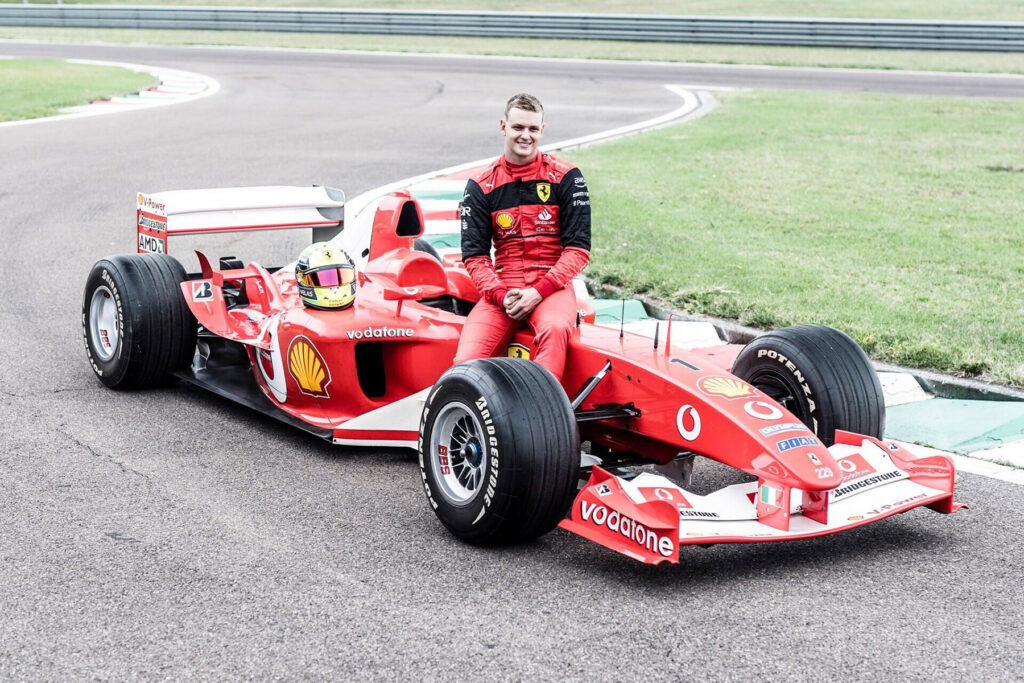
Introduction
Michael Schumacher, a name synonymous with excellence in motorsport, remains one of the most recognized figures in Formula 1 history. His unparalleled achievements and skills on the racetrack brought him international fame, making him not only a remarkable athlete but also an enduring symbol in the world of sports. Understanding Schumacher’s journey is essential as it reflects not only the pinnacle of racing talent but also the ongoing challenges in personal health and public support.
A Racing Legend
Born on January 3, 1969, in Hürth, Germany, Schumacher began karting at a young age and quickly ascended through the ranks of motorsport. His remarkable career in Formula 1 began in 1991 when he debuted with the Jordan team. However, it was with Benetton in the mid-1990s that he truly secured his place in history, winning two World Championships in 1994 and 1995.
Schumacher’s most notable achievements came during his time with Ferrari, where he won five consecutive World Championships from 2000 to 2004. His record of 91 Grand Prix victories held for over a decade and was a testament to his racing prowess, commitment, and remarkable ability to extract performance from the car. Beyond his records, Schumacher’s leadership qualities and dedication to the sport have left an indelible mark on F1 and inspired many aspiring drivers.
Health Challenges
In December 2013, Schumacher suffered a life-changing skiing accident in the French Alps, leading to severe head injuries and resulting in a long road to recovery. Despite extensive medical treatments and the care of specialists, details about his health remain closely guarded by his family. In recent years, updates have been sporadic, with the family choosing to maintain a high level of privacy regarding his condition.
This secrecy has only fueled fans’ concerns and speculation about Schumacher’s recovery process. His wife, Corinna Schumacher, emphasized the importance of privacy for their family, stating that the focus is on Michael’s health and well-being. Friends and supporters have continually expressed hope and encouragement, recognizing the legacy Schumacher built and the impact he had on motorsport.
Conclusion
The legacy of Michael Schumacher transcends racing; it embodies resilience in the face of adversity. As fans around the world continue to rally behind him, the hopes for his recovery remain high. His story serves as a reminder of the fragility of life, the triumphs of the human spirit, and the importance of support from loved ones during challenging times. For those who revere Schumacher’s contributions to Formula 1, his journey emphasizes both the joy of sports and the compassion that unites all humans.



